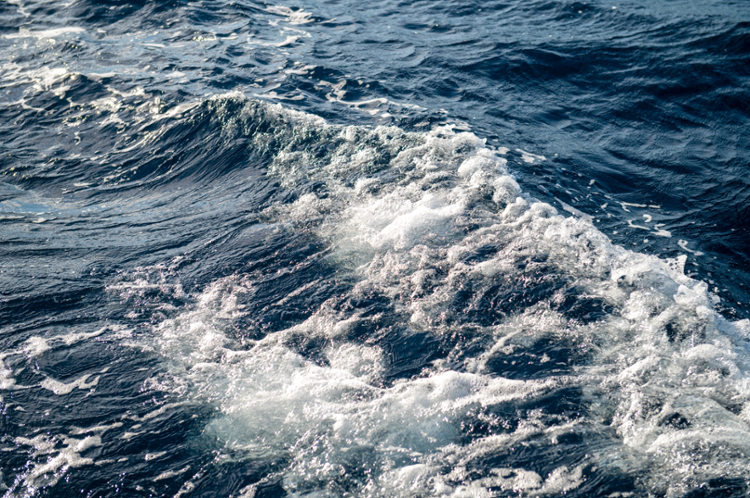HRI Signs First-of-its-Kind Research Agreement with University of Havana
CORPUS CHRISTI, Texas — The Harte Research Institute for Gulf of Mexico at Texas A&M-University-Corpus Christi recently signed a first-of-its-kind research agreement with the University of Havana and partners. This project will focus on researching the adaptation of fisheries communities in Cuba’s Sancti Spiritus province to climate change and opportunities for residents there to adopt alternative livelihoods.
Several HRI researchers will be working on this project, including HRI Associate Director for Research, Policy and Development and Endowed Chair for Socio-Economics Dr. David Yoskowitz and HRI Associate Research Scientist Dr. Mark Besonen. The lead scientists from Cuba include University of Havana Drs. Vanessa Vázquez Sánchez, Armando Rangel Rivero, and Patricia González Diaz, who also serves as HRI’s International Chair representing Cuba.
“These types of agreements are extremely rare, and it is an honor that the University of Havana and the relevant government agencies hold HRI in such high regard to become formal partners,” Yoskowitz said. “The relationships that HRI developed and the work that the institute has done over the last couple of decades laid the foundation for this agreement.”
Yoskowitz said that members of these rural Cuban communities live off the land and water, and often rely on what they grow or fish for sustenance. But in the face of a changing climate and more extreme weather patterns, this way of life is increasingly at risk. Researchers hope to explore the ways in which these communities are building resiliency that ensures a sustainable future.
HRI's mission includes securing international research partnerships in the Gulf of Mexico, which has been made difficult by political tensions that kept Cuba largely closed off to the U.S. until recently. Through it all, HRI has been working diligently with Cuban partners for almost 20 years on expanding marine and coastal research that can promote the sustainable management of natural resources in the Gulf of Mexico. Because the Gulf of Mexico itself has no borders, successful research into its health and sustainability must cross international boundaries.
A founding member of the Trinational Initiative, HRI has hosted Cuban and Mexican delegations during workshops and international meetings, facilitating scientific and academic exchanges as well as research. The Institute has also signed a memorandum of understanding with the National Aquarium of Cuba to consolidate scientific and educational efforts.
For more information, visit the HRI’s website at harteresearchinstitute.org.

